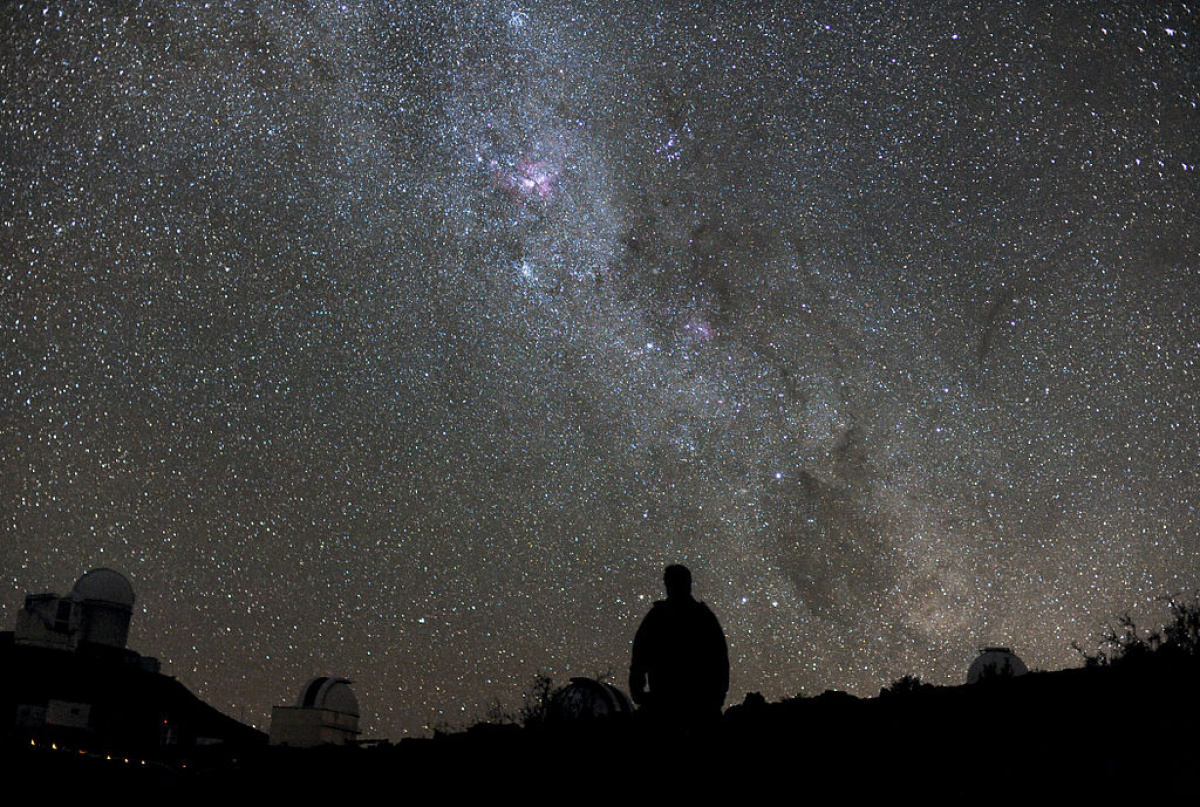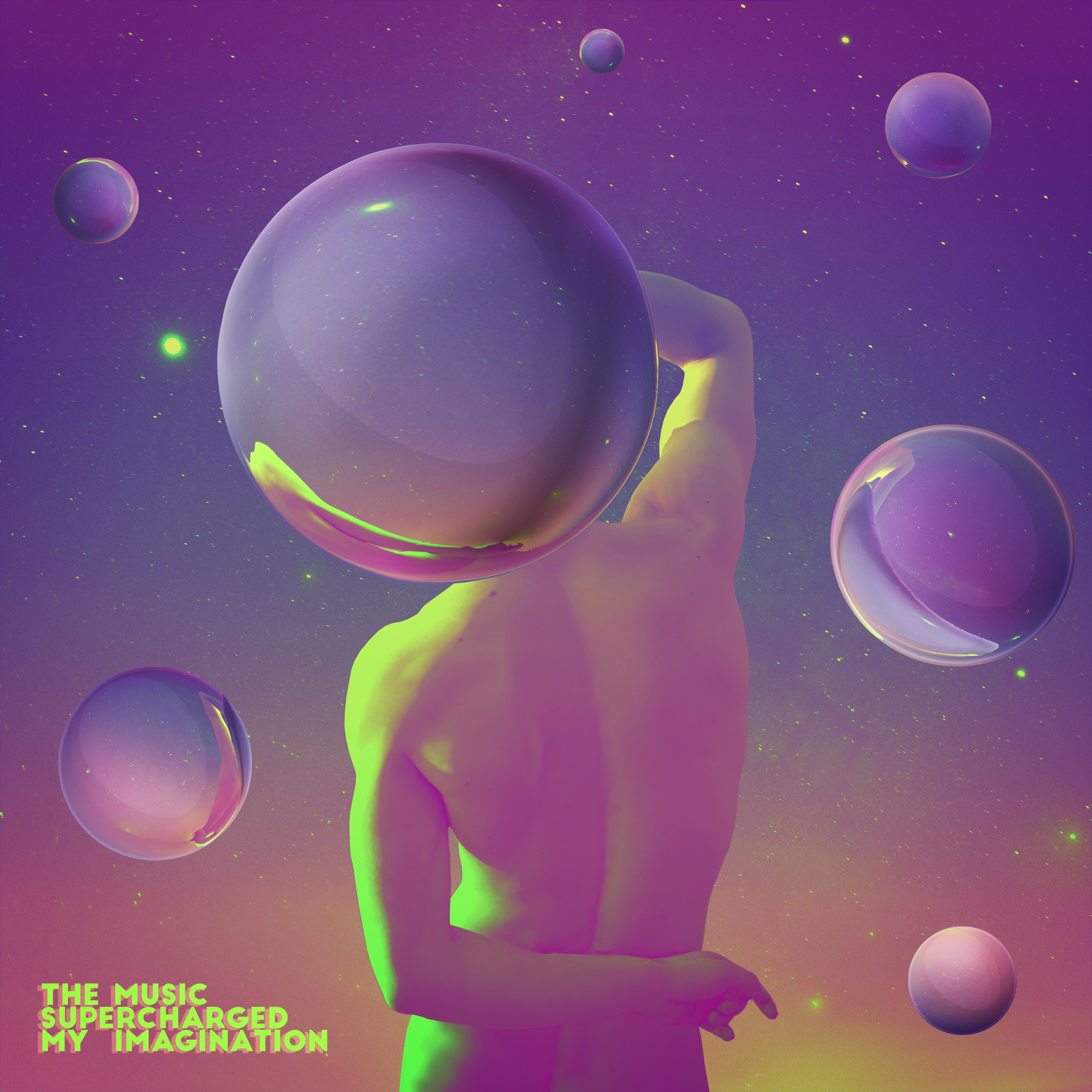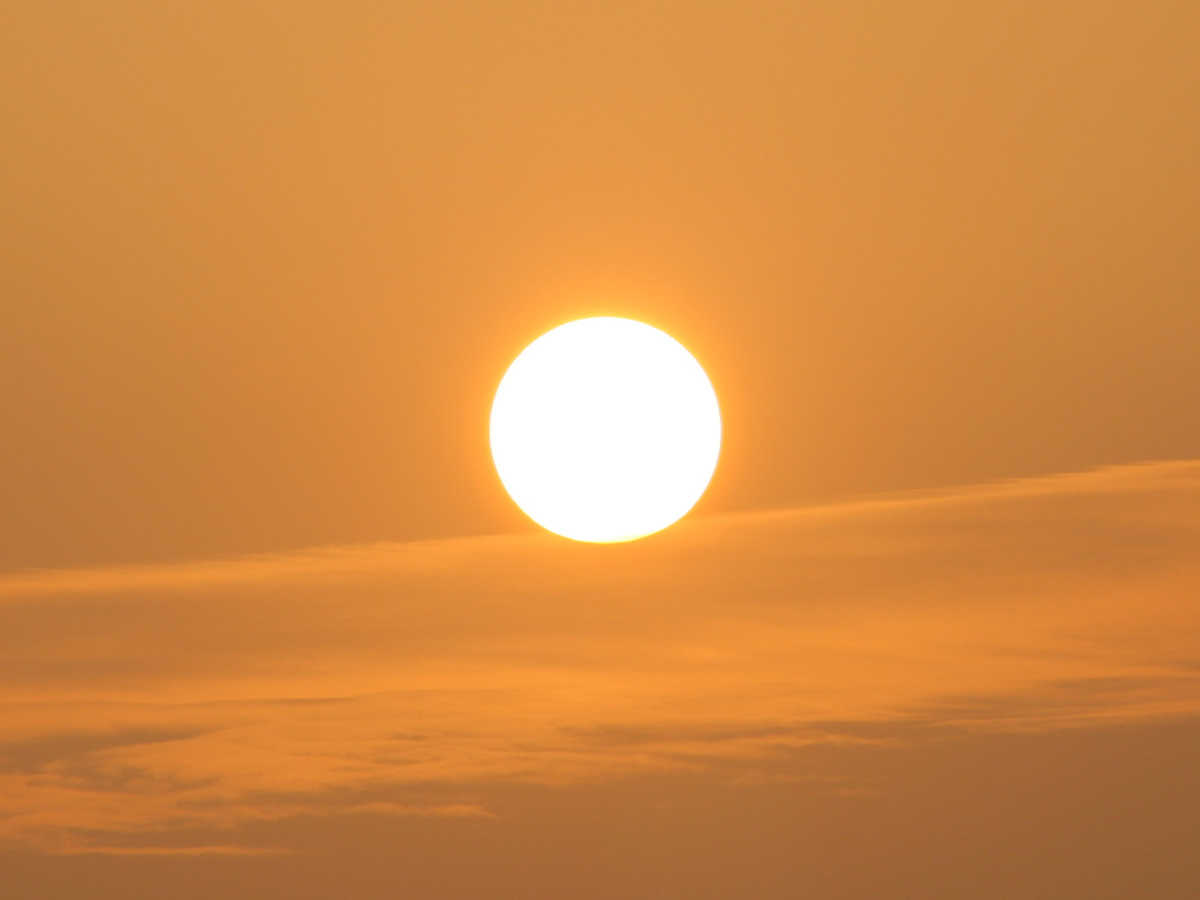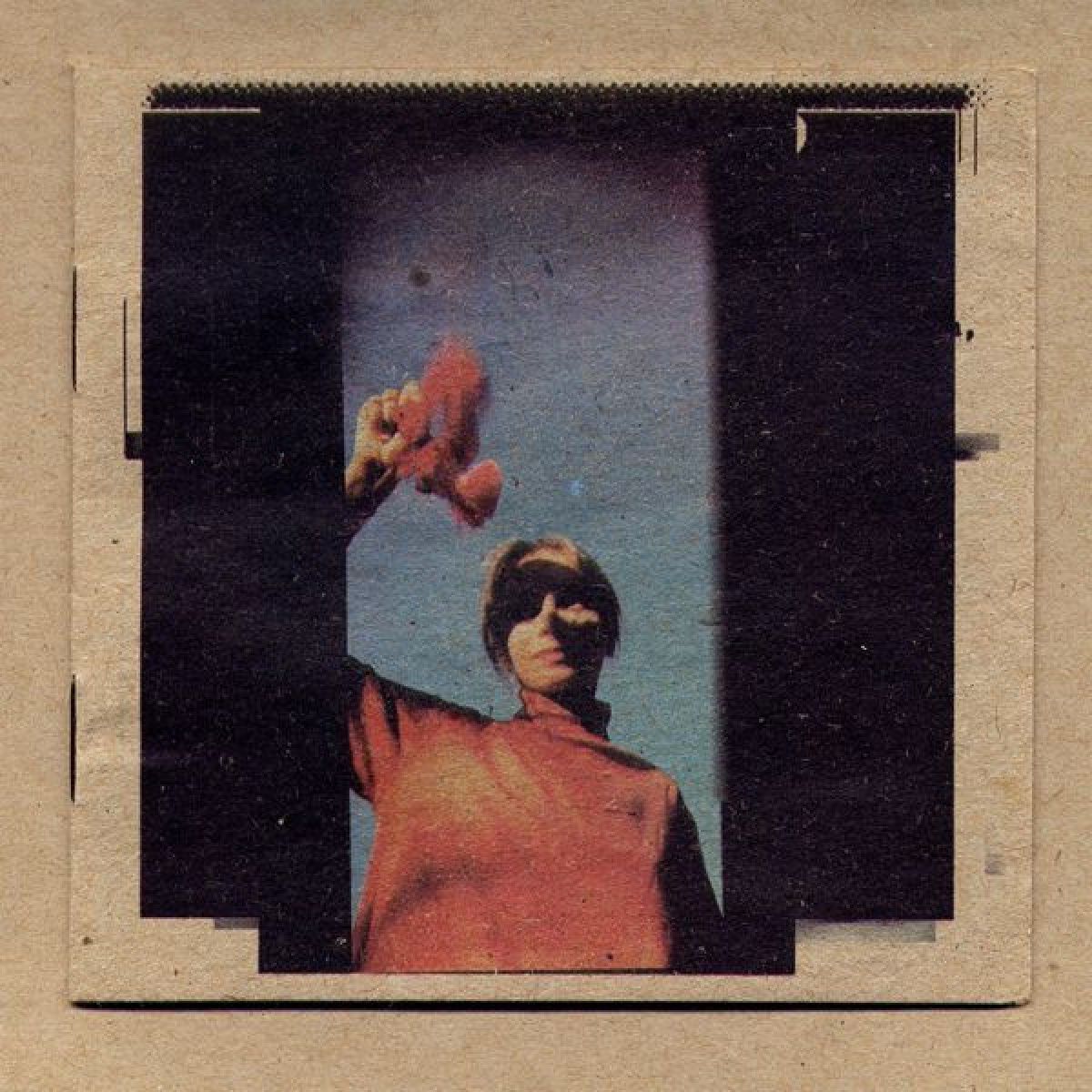
Under Clear Starry Nights
Earlier this year, after a period of coronavirus restrictions, I attended a free daytime park party in Auckland, the largest city in New Zealand. Enveloped by smooth house music, sunshine, and the deep blue skies above us, I spent the afternoon dancing in the crowd. As I looked around, I saw a new generation fall in love with the same experience that first captivated me over two decades ago in Cobb Valley, Upper Tākaka, the site of The Gathering, a short-lived but legendary New Zealand outdoor party.
By the time I finished high school at the end of 2001, music had become a big part of my interior and exterior worlds. When I was alone, listening allowed my imagination to run wild. At the same time, chasing music took me places physically, like record stores, warehouse parties, and concert halls. While spending time in those spaces, I met people who became lifelong friends. For my first New Year’s Eve in the adult world, I decided to make a pilgrimage to The Gathering. Twenty-one years on, my memories are smudged and blurry, edited down to a highlights reel. The most significant ones revolve around dancing for hours under clear starry nights while sound pours out of huge speaker stacks, stretching into infinity.
Supercharged by Music
Upon reflection, that was when the magic of hearing music performed outdoors really hit me properly for the first time. It’s similar to when a music supervisor matches the right song with the right scene in a film or television show. Set against endless skies, the music supercharged my imagination, making life’s possibilities and pathways feel electrifying. At the same time, there was a profound pleasure in simply being physically present and connected with it all. The future could wait; it would arrive soon enough.
For the next decade, I attended outdoor raves and festivals most summers. However, as I entered my thirties, I began to lose touch with the outdoor music experience, often settling for nightclubs, venues, and home listening. Alongside this gradual shift, my relationship with music became more inward-looking. I couldn’t see this at the time, but although it still powered my imagination, music wasn’t pushing me outwards in life in the same way that it had when I was younger.
Reconnecting With a Feeling
In the late 2010s, I started attending outdoor city music festivals organized across Europe. One in particular, Flow Festival, which was held on the site of a defunct power plant in Helsinki, still shimmers in my memories. During the waning days of the European summer of 2017, I saw the Black U.S.-American psychedelic R&B artist Frank Ocean play an elaborate set on the main stage at sunset. With no ceiling above us and the sound of the music reverberating into space, I found myself thinking back to spending New Year’s Eve 2001 at The Gathering in Cobb Valley. As the evening progressed, I realized that this was what I’d been missing.
Being able to age, grow, and change are privileges that not everyone is afforded. That said, metaphorically speaking, when you feel something slipping through your fingers, it’s worth pausing to consider whether you really want to let go. The experience of reconnecting with a feeling like that can set your life on a new pathway or help you find your way back to an earlier version of who you used to be.
«Sonic Worlding» is a monthly Norient column. It invites writers and artists from all over the world to contemplate a music or sound-related phenomenon that has recently struck them, and put this into relation to the world in which they live. It encourages to think and speculate with and not only about music. Where most music writing treats music as something that can be categorised and placed in pre-determined boxes (personality cults, end-of-year lists, genres, origins, styles, gender), «Sonic Worlding» is interested in the vast potential of rhythms, ideas, and worlds that are still to be unlocked, and attempts to spin new webs of thought spanning the globe. Edited & curated by Norient editor Philipp Rhensius.
Biography
Published on July 18, 2022
Last updated on April 09, 2024
Topics
From instruments made of plastic waste of the ocean to questions about a futurist naturalism which embraces technology for aesthetic emancipation.
What is «Treble Culture»? How does what one hears affect what one sees?
Special
Snap


